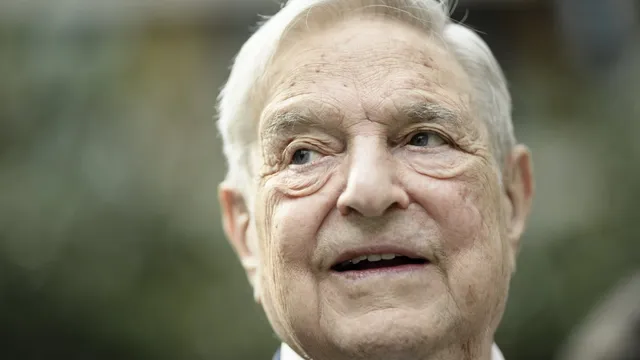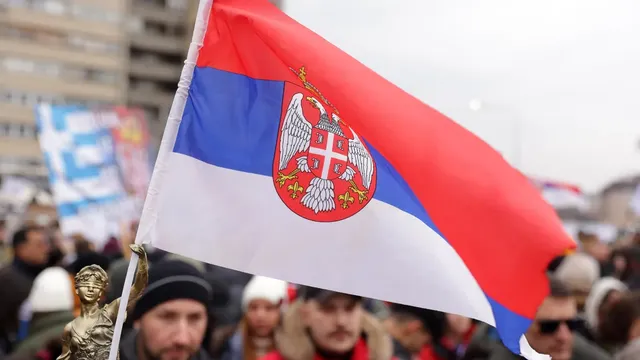The propaganda media network of Viktor Orbán’s regime has launched a hysterical campaign against Bulgaria, BGNES reports.
Following the adoption of Thomas Waitz's report on North Macedonia in the Foreign Affairs Committee (AFET) of the European Parliament on June 24, Hungarian media close to Orbán reacted harshly against Bulgaria.
The reason was that the amendments proposed by Bulgaria to the report — concerning the addition of the term “modern” before the phrase “Macedonian language and identity” — were blocked with the votes of MEPs from Orbán’s party, Fidesz. This triggered a sharp reaction in Sofia, and Hungary’s pro-government media immediately responded with claims of a “coordinated attack against the Hungarian prime minister.”
“The smear campaign in Bulgaria is intensifying: Viktor Orbán is under attack, and all signs point to the European People's Party being behind it,” wrote Magyar Nemzet, accusing “the Bulgarian liberal press” of manipulating and exaggerating the events in Brussels.
“The Bulgarian liberal press spread the news as follows: ‘Viktor Orbán’s MEPs blocked Bulgaria’s amendment in the report on North Macedonia,’” the paper noted. According to the outlet, the accusations come at a time of strong Bulgarian pressure regarding Skopje’s EU integration.
The strongest reaction, which triggered an explosion in Hungary’s propaganda machine, came from an interview with President Rosen Plevneliev (2012–2017) for BGNES, in which he accused Orbán’s regime of deliberately leading an anti-Bulgarian campaign through cooperation with the regime of Hristijan Mickoski in North Macedonia.
The publication appeared surprised by Plevneliev’s statement that Hungary granted asylum to Nikola Gruevski — the former Macedonian prime minister who ruled the then Republic of Macedonia autocratically for a decade and was known for his openly anti-Bulgarian policies.
The Hungarian press recalled that Prime Minister Rosen Zhelyazkov held a meeting with António Costa, President of the European Council, during which he received assurances that the EU remains firmly committed to the conclusions of the EU Council from 2022, including the Negotiating Framework for the Republic of North Macedonia.
Meanwhile, Hungary’s economic media sounded the alarm on another issue that’s painful for Orbán’s regime — Bulgaria has now overtaken Hungary in a key indicator, according to the latest Eurostat data.
Store Insider and Pénzcentrum published reports stating that in 2024, Bulgaria reached 74% of the EU average in terms of Actual Individual Consumption (AIC), while Hungary lagged behind at 72%. Thus, the country long labeled “the poorest in the EU” has now surpassed Hungary in this metric. Analyses emphasize that Hungarian households are suffering from high inflation, stagnating real incomes, and an excessively high tax burden — especially the 27% VAT, the highest in the EU. According to the Institute for Economic Research (GKI), this situation is not inevitable — if prices are curbed, real wages increased, and taxes reduced, Hungary could reverse the decline. But for now, “there’s nothing to fill our basket with,” as one media outlet wrote. | BGNES

 Breaking news
Breaking news
 Europe
Europe
 Bulgaria
Bulgaria







